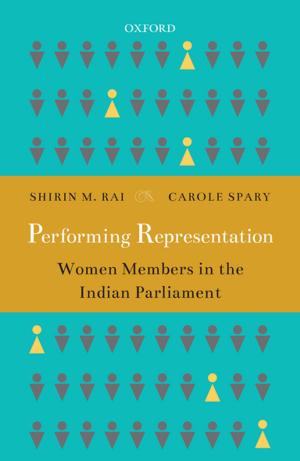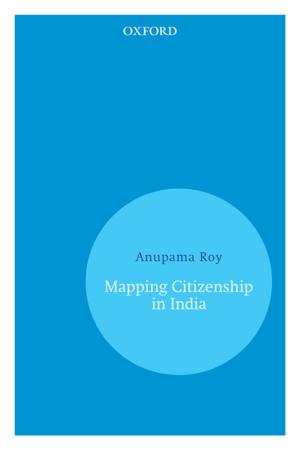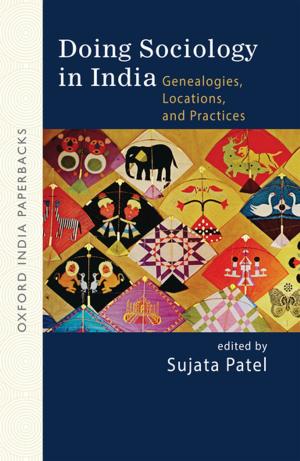| Author: | Koneru Ramakrishna Rao | ISBN: | 9780199091584 |
| Publisher: | OUP India | Publication: | September 25, 2017 |
| Imprint: | OUP India | Language: | English |
| Author: | Koneru Ramakrishna Rao |
| ISBN: | 9780199091584 |
| Publisher: | OUP India |
| Publication: | September 25, 2017 |
| Imprint: | OUP India |
| Language: | English |
When asked about his message to the world, the Mahatma famously said, ‘My life is my message.’ In him there was no room for contradiction between thought and action. His life in its totality is a series of experiments to convert dharma, moral principles, into karma, practices in action. Gandhi believed that development is a dialectical process stemming from the antinomy of two aspects latent within every individual—the brute and the divine. While the former represents instinct-driven behaviour, the latter is one’s true self, which is altruistic. Gandhi described this process in different fields, most of which are relevant even today. Gandhi’s Dharma is an overview of Mahatma Gandhi—his person, philosophy, and practices. The author asserts that the basic principles governing Gandhi’s thoughts—satya, ahimsa, and sarvodaya—are not relics of the past. Nor are his thoughts an obsolete list of rules. Gandhi’s ideas are dynamic principles perpetually in the making, perfectly adaptable to contemporary life.
When asked about his message to the world, the Mahatma famously said, ‘My life is my message.’ In him there was no room for contradiction between thought and action. His life in its totality is a series of experiments to convert dharma, moral principles, into karma, practices in action. Gandhi believed that development is a dialectical process stemming from the antinomy of two aspects latent within every individual—the brute and the divine. While the former represents instinct-driven behaviour, the latter is one’s true self, which is altruistic. Gandhi described this process in different fields, most of which are relevant even today. Gandhi’s Dharma is an overview of Mahatma Gandhi—his person, philosophy, and practices. The author asserts that the basic principles governing Gandhi’s thoughts—satya, ahimsa, and sarvodaya—are not relics of the past. Nor are his thoughts an obsolete list of rules. Gandhi’s ideas are dynamic principles perpetually in the making, perfectly adaptable to contemporary life.















